Fritz Leiber deserves the accolade as the writer who introduced the ghost of the tough city centre. His stories postulated a modern post-industrial aesthetic of horror, emerging spontaneously from the urban landscape. In a 1940 essay he argued: “The supernatural beings of a modern city would be different from the ghosts of yesterday, because each culture creates its own ghosts.” The son of a noted Shakespearean actor, Leiber toured with his father’s road company for several years and secured parts in a few films before turning to authorship in the Forties. He hit a rich vein of form with tales about the supernatural in contemporary America, notably Conjure Wife, about witchcraft in a modern university, and a series of short stories, The Automatic Pistol, The Girl With Hungry Eyes and Smoke Ghost with its grimy phantom. He later reworked this concept into a novel, Our Lady of Darkness, set in San Francisco and proffering reasons why so many of the city’s coterie of writers, including Ambrose Bierce and Jack London, had met such tragic deaths. Several critics regard this work as Leiber’s homage to the horror of Edgar Allan Poe and the supernaturalism of M R James.
Smoke Ghost (click to read!) is one of Leiber’s radical tales, in which the modern urban environment is the source of the supernatural rather than being invaded. Here and in The Hill and the Hole, there’s more than a touch of M R James at his most reticent, but nobody could mistake the tales for imitations. They first saw pulp publication, as did The Power of the Puppets, with its the blend of noir fiction and the supernatural. By contrast, the later Cry Witch! feels based on folklore, though its haunting eroticism is typical of Leiber. The erotic is more openly expressed in The Enormous Bedroom, which progresses in a series of tableaux reminiscent of a perverse MGM musical. Black Glass may have been derived from Leiber’s stay in New York around the 1976 World Fantasy Convention, after which he delighted a party at Jack Sullivan’s apartment with a reading of Little Old Miss Macbeth. The setting of the climax of Black Glass at the top of the World Trade Centre above a devastated city is all too poignant now. Nevertheless the tale was one of his most evocative transformations of an urban landscape into a vista of fantastic menace.
I’m looking for Jeff makes noir and supernatural to create an apparition as lyrically sexual as it is eerie. The Eeriest Ruined Dawn World is a post-apocalyptic elegy; perhaps a distant echo of Donald Wandrei may be heard. Like Jeff, The Winter Flies is an alcoholic’s tale, though how much of its unique Leiberesque surrealism may derive from that state is open to debate. Replacement for Wilmer seems to reminisce about the condition too, with an affection that doesn’t preclude criticism, while it subtly evokes the spectral. The Black Ewe takes on the future as an unknowable nightmare. Although it was published in Startling Stories, it can be seen as anti-science, though perhaps that isn’t singular in that magazine. It demonstrates how Leiber was as much at home with science fiction as fantasy and horror, not a common range (his most famous creations of course being the sword and sorcery pairing of Fafhrd and the Grey Mouser). Richmond, Late September 1849 is equally at ease with the past, and offers an ingeniously visionary interpretation both of Poe’s tales and of his fascination with the mysterious feminine, one of the threads of the collection Smoke Ghost and Other Apparitions and indeed of Leiber’s entire career. This anthology demonstrates not only Leiber’s scope but also that of horror fiction at its best, to the development of which he was crucial – a gentle and generous spirit, and a great dreamer, who left much to build upon.

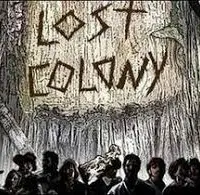

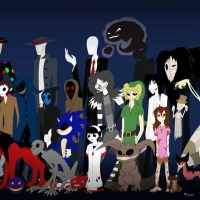
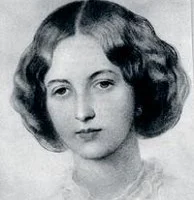
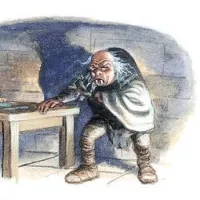

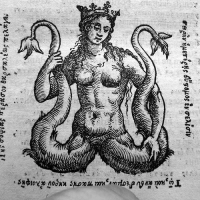
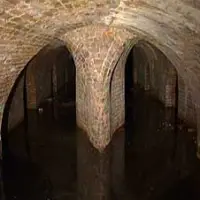



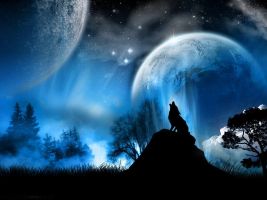

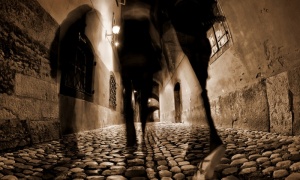


Leave a comment